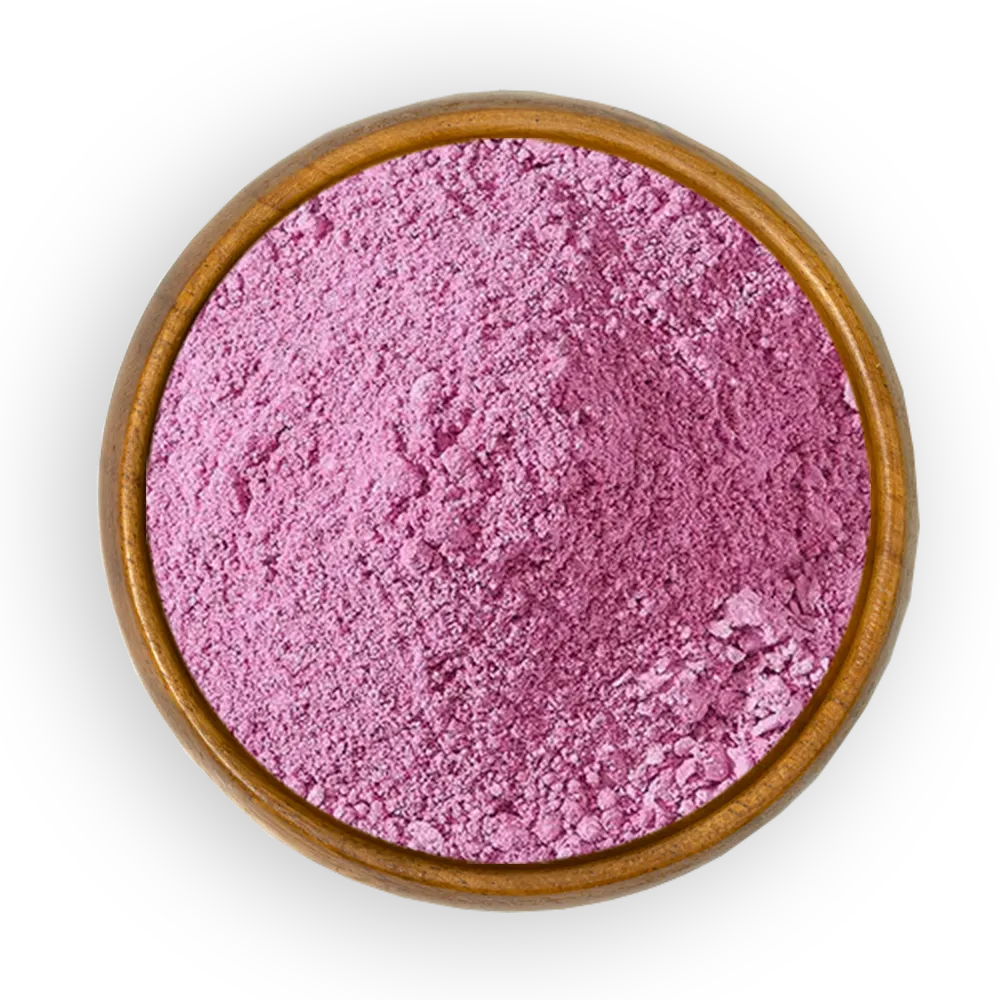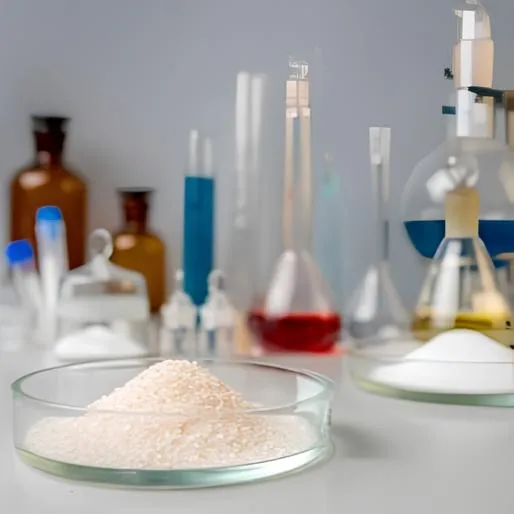About Muqeet
Muqeet Marketing supplies export-quality chemicals, offering a wide range of products to meet industrial needs. Based in Surat, India, we prioritize quality and customer satisfaction in every shipment.
Muqeet Marketing supplies export-quality chemicals, offering a wide range of products to meet industrial needs. Based in Surat, India, we prioritize quality and customer satisfaction in every shipment.

Cobalt Carbonate (CoCO₃) is a vibrant blue-green compound used in various industrial applications. As a trusted supplier, we provide high-quality Cobalt Carbonate that meets strict quality standards. It is commonly employed in the production of cobalt pigments and as a precursor for other cobalt compounds.
With its unique properties, Cobalt Carbonate is also utilized in the ceramics and glass industries, providing excellent color stability and a rich hue. This compound plays a crucial role in many chemical processes and is essential for manufacturing specialized materials.
Cobalt Carbonate offered by us is of industrial-grade purity, tailored to meet the specific demands of various applications.
| Parameter | Specification |
|---|---|
| Chemical Formula | CoCO₃ |
| Molar Mass | 118.93 g/mol |
| Appearance | Fine powder or crystalline solid |
| Solubility | Insoluble |
| Assay (Purity) | 98% (Minimum) |
| pH Value | 6.5 - 7.5 (saturated solution) |
| Melting Point | Decomposes upon heating |
Cobalt Carbonate imparts a bright blue color, making it ideal for use in pigments and dyes.
This compound is stable under normal conditions, ensuring safety during handling and storage.
Used in various industries, including ceramics, glass, and electronics.
Cobalt Carbonate is considered less toxic than other cobalt compounds, making it safer for industrial use.
Compatible with a wide range of materials, enhancing its utility across different applications.
Pigment Production
Primarily used in the manufacture of cobalt-based pigments for paints, inks, and coatings.
Ceramics
Acts as a coloring agent in ceramic glazes and bodies, providing vibrant hues and excellent color stability.
Chemical Synthesis
Serves as a precursor for producing other cobalt compounds in various chemical reactions.
Electronics
Employed in certain electronic components for its conductive properties.

Andhra Pradesh, Arunachal Pradesh, Assam, Bihar, Chhattisgarh, Goa, Gujarat, Haryana, Himachal Pradesh, Jharkhand, Karnataka, Kerala, Madhya Pradesh, Maharashtra, Manipur, Meghalaya, Mizoram, Nagaland, Odisha (Orissa), Punjab, Rajasthan, Sikkim, Tamil Nadu, Telangana, Tripura, Uttar Pradesh, Uttarakhand, West Bengal
Agra, Ahmedabad, Aligarh, Allahabad, Amritsar, Amroha, Bengaluru, Bhopal, Chandigarh, Chennai, Coimbatore, Delhi, Dhanbad, Faridabad, Firozabad, Gurgaon, Guwahati, Gwalior, Hubli-Dharwad, Hyderabad, Indore, Jaipur, Jodhpur, Kalyan-Dombivali, Kanpur, Kolkata, Lucknow, Ludhiana, Madurai, Meerut, Moradabad, Mumbai, Nagpur, Nashik, Patiala, Patna, Pune, Raipur, Rajkot, Siliguri, Solapur, Srinagar, Surat, Thane, Vadodara, Varanasi, Vasai-Virar, Vijayawada, Vishakhapatnam, Amreli, Anand, Bharuch, Bhavnagar, Bhuj, Botad, Champaner, Chanasma, Chikhli, Dabhoi, Dahod, Deesa, Dharampur, Dholera, Dudhrej, Dwarka, Gandhidham, Gandhinagar, Godhra, Gondal, Idar, Jamnagar, Jetpur, Junagadh, Kalol, Khambhat, Lakhpat, Mandvi, Mehsana, Morbi, Nadiad, Navsari, Palanpur, Palitana, Patan, Porbandar, Radhanpur, Saputara, Siddhpur, Songadh, Vadnagar, Valsad, Vapi, Veraval, Vyara, Wankaner

Scan the QR to call